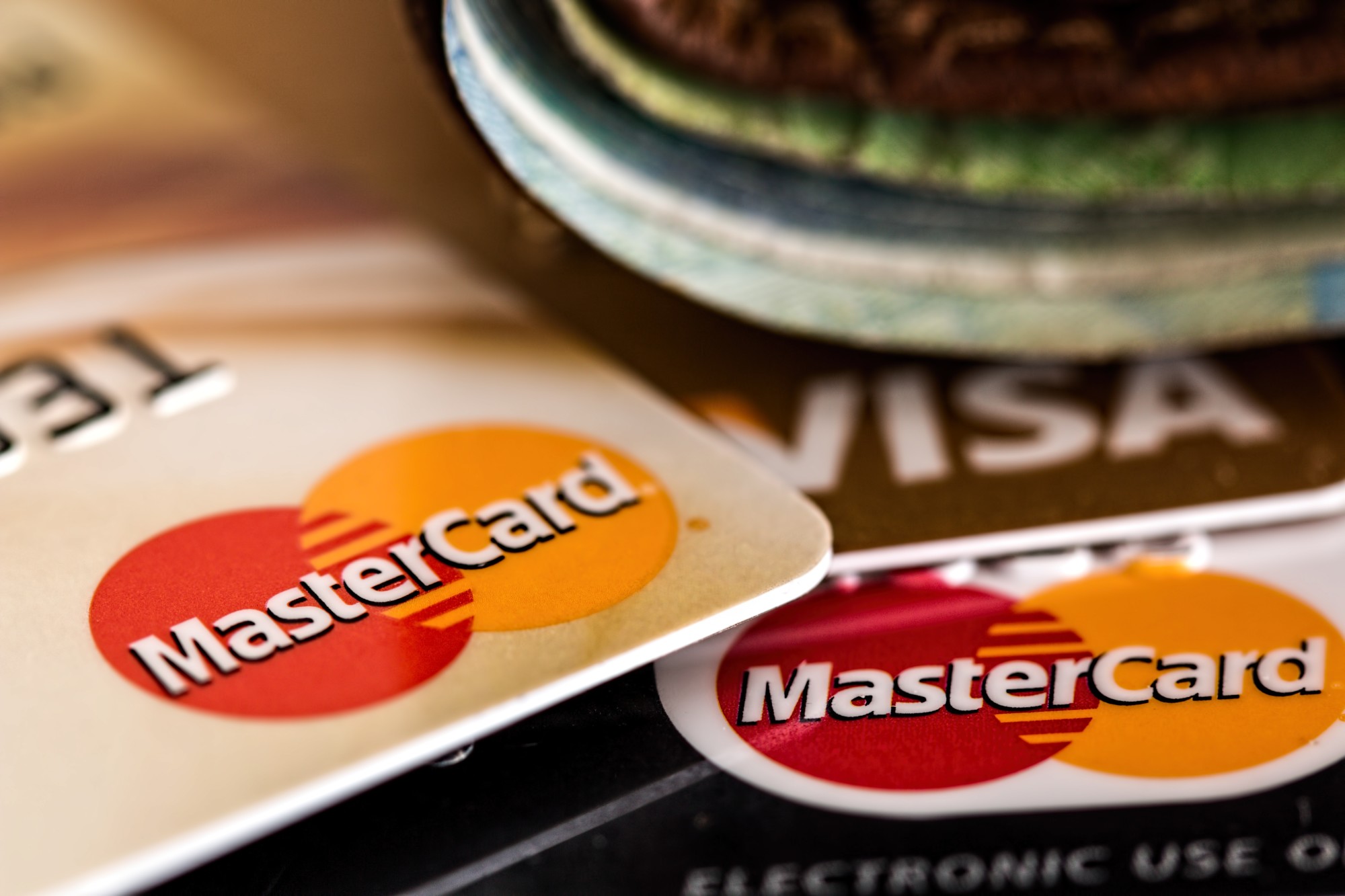Money is an odd topic in the United States.
We don’t have a lot of financial education taught in schools despite it being a huge factor in our lives. Yet, we’re expected to know how to use a credit card wisely when card offers start rolling in when we turn 18.
Many Americans turn to the Web to improve their financial literacy. It’s the reason you’re reading this post right now. Since you’re here, let’s go ahead and dig into that exact topic of using credit cards.
Here are nine different tips and suggestions for managing credit cards.
1. Create and Stick to a Budget
Want to hear something scary? Almost 30% of U.S. households aren’t using a budget. That’s wild considering money is the #1 cause of stress.
Let’s fix that:
- Sign up for a budget app or download a budget template
- Input your income and expenses (every detail matters)
- Aggressively cut anything that’s pushing you over budget
Yes, it’s that simple. Having a budget is often enough to get on track to being debt-free. This includes paying down and controlling those credit cards.
2. Know What You Owe
This is another huge thing about credit card debt in America. Many people don’t know how much they owe. Nor do they understand their rates and terms.
You can’t control what you don’t understand:
- Set up an account with your credit card issuer
- Download their app and check balances weekly
Be sure to talk about finances with your partner, too. Being real about your finances lets you deal with it before it’s problematic.
3. Set Up Automatic Payments
One missed credit card payment can decimate your credit score. It can also start a cycle of financial neglect where you begin avoiding the bills. Both of these situations are no good for your stability.
Automatic payments are ridiculously easy to set up:
- Log into your credit card issuer’s website
- Verify bank account details are correct
- Select the ‘autopay’ option from within the account
The issuer takes payments out on the selected date. You’ll want to budget for this automated payment, of course. But, this is one less thing to worry about and potentially disrupt if you’re the forgetful type.
4. Pay a Little More Each Time
The easiest way to tackle credit card debt is to contribute more to its payment.
A lot of credit cards have an average APR of about 16% to 20%. The APR could go as high as 24% or more depending on several factors. That adds up to a lot of money you’re having to pay when carrying a balance.
Try paying a tiny bit more each billing cycle.
Take one of those zillion ways to save money you’ve read about and put it to work. Reinvest that money into keeping credit cards under control. An extra 1% probably won’t squeeze you week-to-week, but it can do wonders for debt.
5. Build an Emergency Fund
Life throws devastating curveballs that few people are prepared to deal with. The least you can do is have finances ready for these tough moments. An emergency fund is one such way to keep your head above water.
How much should you set aside for an emergency fund?
The general rule is about 3 months but some say up to 6 months. The fund should cover all expenses and then some.
Why does the emergency fund matter? Well, because you don’t want to rely on credit cards in these tough times. Debt can spiral out of control if you miscalculate how long it takes to get back onto your feet.
You’ll want that emergency fund vs tons of interest and fees from credit cards.
6. Pay Your Balances in Full
Whoever peddled the idea of keeping a balance on a credit card is devious.
What’s good about keeping a zero balance on your credit card(s)? Well:
- No interest charges
- More financial flexibility
- Credit score improves
Use the card enough that it doesn’t get marked inactive and closed. But otherwise, commit to paying the balance, in full, every month.
What if you can’t pay the balance in full each month? Well:
- Control the issue early and stop putting more expenses on it
- Pick up extra hours or do something for side income
- Pay as much as possible without jeopardizing the budget
Don’t take on a new card to boost the credit usages and limits either. This is a slippery slope that could turn into a major problem.
7. Monitor the Card and Account
Some 43% of cyber attacks target small businesses.
Do you know what that means? Hackers could access financial data if the business wasn’t diligent with cybersecurity. It’s not always the case but it’s a real possibility and it has happened to many.
You don’t want to owe money you didn’t spend.
- Check accounts for discrepancies and odd charges
- Follow online security suggestions and best practices
- Use credit monitoring apps to flag issues early on
You don’t have to get obsessive about checking accounts. Make it a point to keep an eye on them so nothing fishy is going on.
8. Use Those Perks
Many credit cards have awesome perks from cashback to free extended warranties. Some features may need manual activation for the bonuses. Others might have requirements to use the issuer’s online portal when buying stuff.
- Take time to learn about the terms and perks of your cards
- Check out credit card hacks and tips to get even more out of them
Good credit card use opens up a lot of excellent cards with perks. So, keep checking with the issuer if they could do an upgrade. Or, make a newer, more rewarding card your primary card once it becomes available.
9. Don’t Panic
Americans carry around $6000 in credit card debt. That’s a good chunk of change but it’s manageable with an aggressive budget.
What happens when you’re $10K, $20K, or more in credit card debt?
First, don’t panic and do understand that you have options. Second, do what you can with handling the debt on your own or with the help of friends and family.
If you can’t control the debt then consider debt consolidation. You could also consider a line of credit or a personal loan. These options could offer better terms and rates, helping you control the situation.
Learning How to Use a Credit Card Wisely Doesn’t Guarantee Money Management Success
You hate to hear it but these tips on how to use a credit card wisely aren’t the end-all, be-all of money management. There are tons of factors playing into how well you’ll manage finances and even then… you could get a run of bad luck.
Do you feel overwhelmed by credit cards despite practicing these tips? If so, get in touch with our experts and devise a plan for financial freedom.
Learn which solution is right for: click to see your offers.




